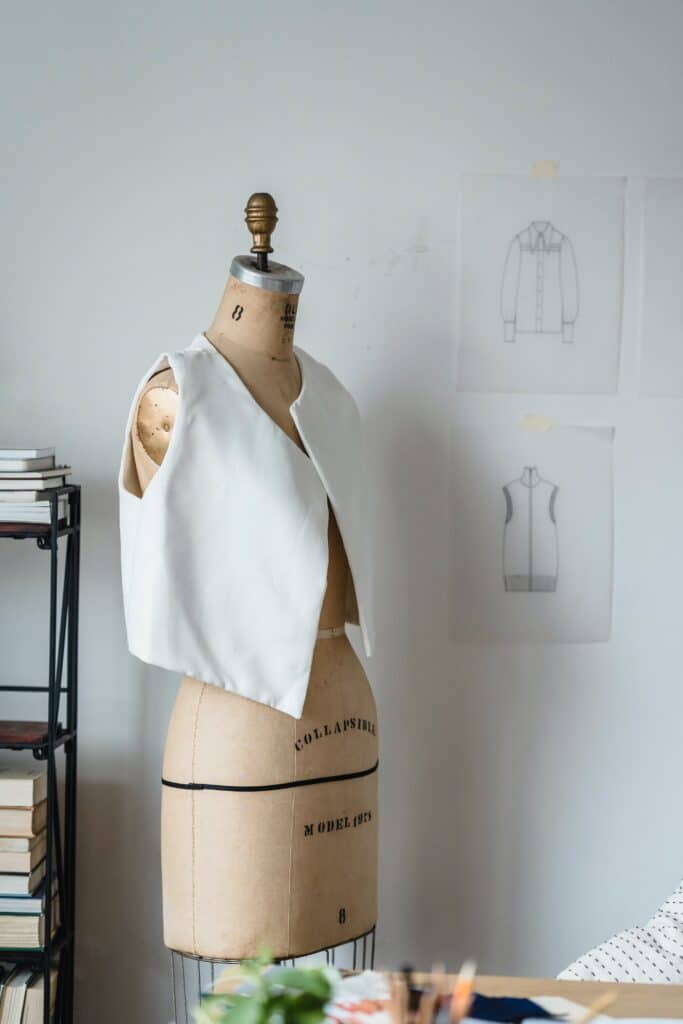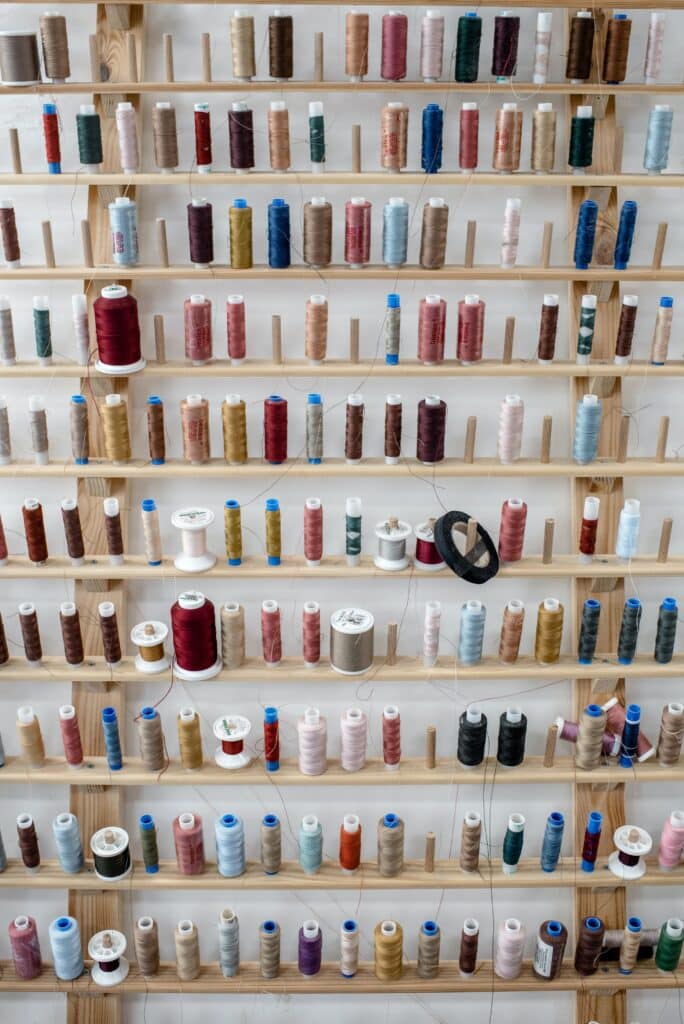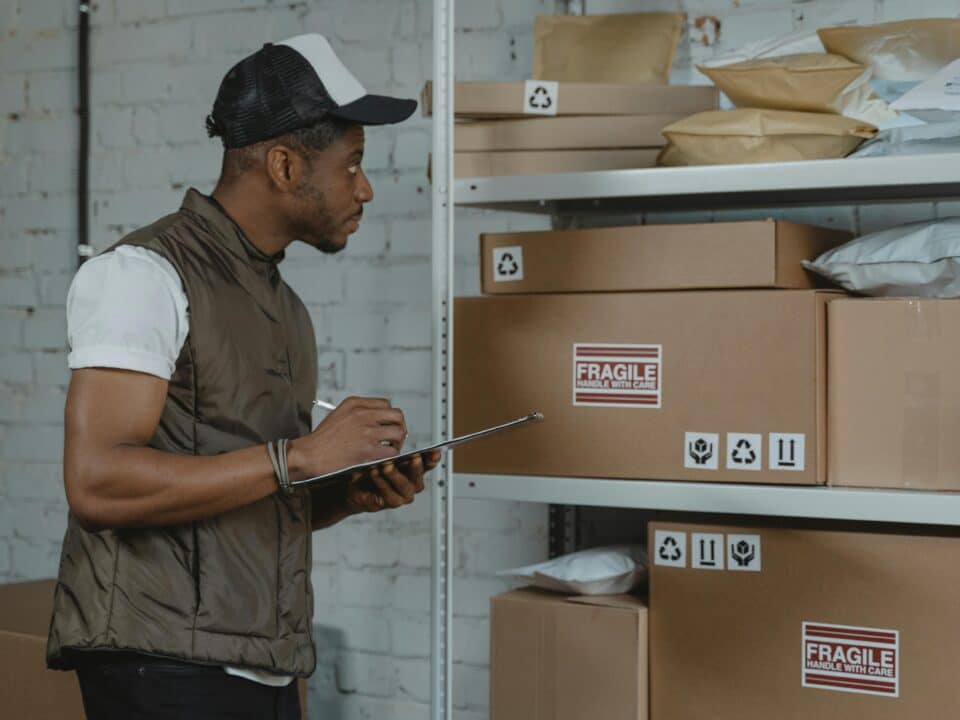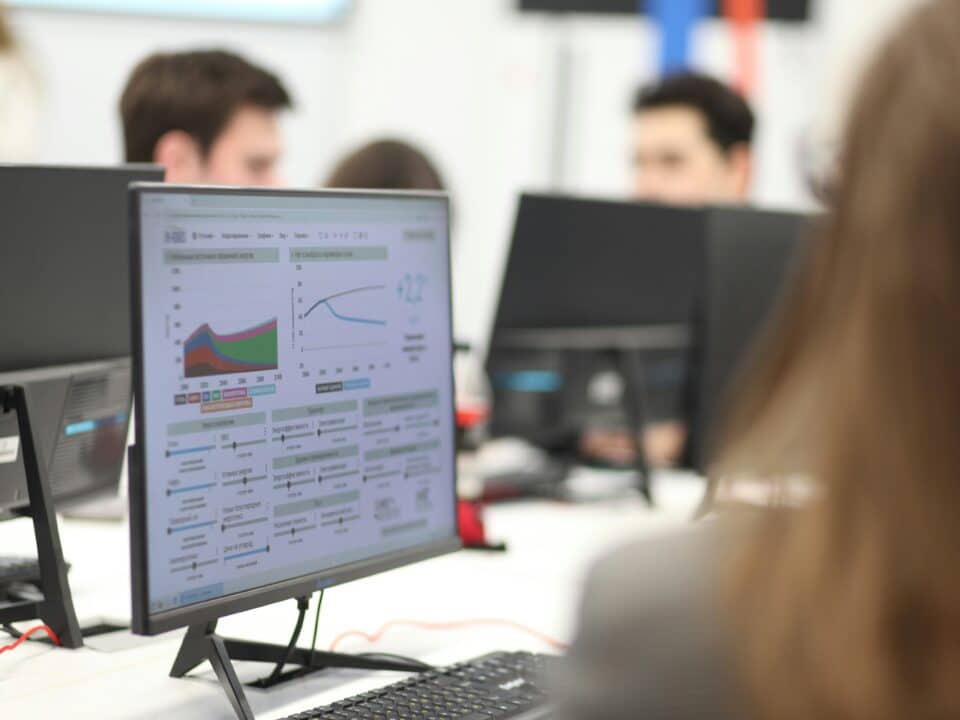Traceability in the textile field : Fairly Made

How to manage product returns?
2 January 2024
E-commerce logistics in Germany
11 July 2024- 5 minutes

During the sales period, much awaited by consumers, retailers and e-traders, attractive prices stimulate the desire for customers to buy. These tempting prices encourage consumers to buy more and constantly update their wardrobes. A vicious circle has been set up : Produce. Buy. Throw away.
The environmental impact of textiles (the clothing industry)
A huge amount of clothes, fashion accessories and textile items are thrown away every year because they are no longer to the taste of consumers. This cycle is linked to the phenomenon of trends, which are constantly evolving. This production of textiles is gradually contributing to :
- the destruction of natural resources
- increase greenhouse gas emissions,
- water pollution,
- deforestation,
- excessive land use,
- the release of harmful products into the atmosphere…
Disposable fashion...
Sales are part of the business model of over-consumption and over-production. Consumers can buy items at lower prices during the sales period. However, this overproduction isn’t without consequences for the environment. Manufacturers must respond to this growing demand by mass-producing, contributing to the linear economic model that is still in place.
Textiles are one of the most polluting sectors in the world. In 2023, according to Statista, the fashion industry emitted 968 million tonnes of CO2 around the world. Whether during manufacture, delivery or end-of-life management, textile products are extremely harmful to the planet. The environmental impact of textiles is considerable.
MANUFACTURING
Manufacturing a textile product generates a certain amount of chemicals and toxic waste. The raw materials used are not environmentally friendly. Today, reviewing the strength of fibres and the processes used is inevitable if we are to reduce the environmental impact of textiles. We need to encourage the use of more natural raw materials such as linen and hemp, as opposed to polyester, which is the source of many microplastics. For example, in 2017, according to the OECD, synthetic textiles already contributed 35% to the global discharge of microplastics into the oceans.
Textile products are very often manufactured in Asian countries, which are sought after for their low labour costs. The vast majority of clothes come from China, the world’s largest exporter of textile products, but also from India and Bangladesh. The major brands outsource their production to these countries, where workers are often exploited. This enables them to sell their products at low and attractive prices. The production processes used to manufacture textiles, such as bleaching and dyeing, have a huge impact on our planet. It is difficult for these major European brands to control their supply chain and know if government regulations (social, and environmental) are respected in their production factories. They often have no visibility on what’s going on.

SHIPMENT
This outsourcing of manufacturing plants means that multinational companies have to ship the product back to the place where it will be marketed and sold. This involves long journeys by plane or boat, generating tonnes of greenhouse gas emissions. For example, a pair of jeans can travel 65,000 kilometres from the cotton farm to the wardrobe, or 1.5 times around the world, according to ADEME.
THE END OF LIFE
In this model of hyper-consumption, only 20% of clothes are recycled, according to novethic.fr. Textile products are difficult to recycle. Recycling these products is a real problem. Unsold items are sometimes destroyed or buried in the ground. Especially as the life of a clothing item can be very (too) short.
...Towards sustainable fashion
To counter this waste, some brands are launching second-hand products, either online or directly at the point of sale. Other brands are starting to rent out clothes. According to The Good Goods, the evidence-based fashion media, Studio Paillette, Le Closet and Commode Commune offer second-hand pieces.
Reusing and recycling textiles will reduce the process of microfibres escaping into the soil.
Awareness is needed to reduce the environmental impact of textiles
From consumers
That’s why it’s important to be aware of every purchase decision and to understand the impact caused by every item bought, especially in sales. Some companies have reviewed the way they produce and communicate in order to change and educate consumers.
From brands
Ethical and sustainable textile brands are working to change these unsustainable consumption patterns. Today, there are alternatives that contribute to the transition towards a circular economic model and the conquest of more sustainable fashion :
- market places : Vinted, Vestiaire Collective, Leboncoin,
- barter,
- clothing rental,
- second-hand clothes shops,
- Emmaüs,
- Le Relais, which collects, sorts and recycles textiles.
From public authorities
The intervention of the political authorities is essential to punish those who do not respect the laws aimed to reduce the environmental impact of their textiles. The label must indicate the raw materials used and the country of manufacture. As for e-retailers, they must indicate on the online site the other steps – the place of manufacture, information on weaving, dyeing and printing – which are required.
Over the last year, the traceability of textile products has been reinforced with the obligation for marketers (producers, distributors but also importers) to specify the countries where the clothes are produced.
From Intermediate players
“L’éthique sur l’étiquette” is a collective who defend human rights at work: its mission is to :
- Support workers ;
- Change policies ;
- Raise public awareness.
Fairly Made

Historically (2018 -2020)
In June 2018, Fairly Made, was founded by two women, Laure Betsch and Camille Le Gal. Originally, Fairly Made was “a service business, structuring supply chains for brands”, says Camille Le Gal in the podcast La Relève. They are focusing on B2B, which has a much bigger impact.
This start-up has set itself the mission of decarbonising the textile industry. The aim is to offer textile brands a pre-established supply chain, including raw materials, spinning, dyeing, and weaving. Brands receive a QR code with photos and descriptions of the factories involved. Etam, Les Galeries Lafayette and Zadig et Voltaire are the first companies to have collaborated with Fairly Made. The start-up has developed tracking technologies to provide concrete evidence of the transparency and traceability of textiles.
They have worked and are still working to identify the environmental impact of textiles throughout the supply chain and on a selection of products. “We visited over two hundred factories in two years”, says Camille Le Gal. At the end of the process, over 60 factories have been certified. They rely on information linked to each phase of processing to obtain a 360° analysis of the product. “We have a whole set of specifications and supply chains, and we manufacture products from start to finish”. They have worked with brands on around fifteen product references, and on their marketing and communications campaigns.
Today
After the pandemic Covid -19, there has been an “awakening of awareness in consumption patterns”, among both consumers and brands. To respond to this growing demand from brands to measure their environmental impact, Fairly Made has developed software. This Saas solution enables brands to be more self-sufficient while benefiting from Fairly Made methodologies. Fairly Made Impact enables brands to measure all the paths taken by a product, from raw material to warehouse.
Measure to improve.
This solution measures the environmental impact of the product in question, then makes recommendations based on French and European regulations. It allows improvements to be compared from one collection to another.
Brands can then communicate their commitments using data and key figures.
Tomorrow
Fairly Made is working with the government to implement an eco-score for textile products. The application of an eco-score will become compulsory for all textile brands from 2025. Even Shein will have to comply with the regulations.



